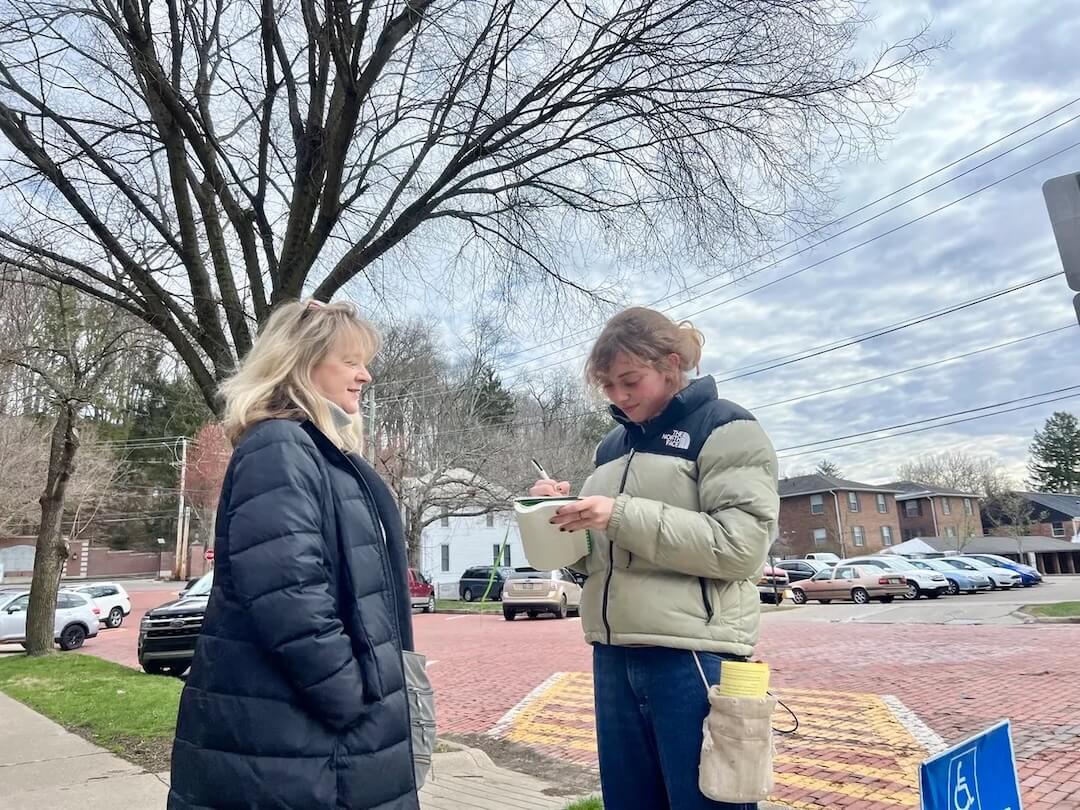This week’s news about Arnold Schwarzenegger‘s baby has raised interesting questions about how news organizations have handled the identification of the woman with whom he had a child while married to Maria Shriver.
The Los Angeles Times chose to withhold the name of the woman and the child she had with Schwarzenegger, citing privacy reasons. Some say the woman should be protected because she’s a private citizen, while others argue that she shouldn’t because she’s become a public figure by virtue of her own actions.
At the same time, Slate/France has been criticized for naming the woman who has accused IMF chief Dominique Strauss-Kahn of attempted rape. The Atlantic’s Jeffrey Goldberg criticized The New York Times for quoting someone who said the woman was “friendly” and a “good person.” The character of the alleged victim, he said, is “completely immaterial.”
In a live chat, Poynter’s Kelly McBride and Jezebel’s Irin Carmon — who has been vocal about her criticism of Slate and the Times — talked about the Schwarzenegger and the Strauss-Kahn cases. Specifically, they looked at how both cases illustrate the notion that whether we name a person has a lot to do with whether we consider them to be victims.
“By virtue of the accusation, we protect the accuser, though we do name the accused,” Poynter Online Director Julie Moos told me. “But what about a situation in which we have no sense of guilt or innocence? Rielle Hunter was named as the mother of John Edwards’ baby with little concern about protecting her.”
Because journalists don’t typically name victims of sexual assault, it’s not surprising that some have shown concern over Slate/France’s decision to name the woman Strauss-Kahn allegedly attempted to rape. Jacob Weisberg, editor-in-chief of the Slate Group, said he doesn’t favor using her name, and that Slate U.S. will not do so.
“I do think who the victim’s nationality, religion, family status, general area of residence are all relevant to the story,” Weisberg told me, “and I have no issue with publishing them.”
Slate/France’s editor-in-chief Johan Hufnagel said several other news sites in France had already published the woman’s name, and that the story was intended to protect the woman “from rumors, accusations held against her and other conspiracy theories that were running wild about her,” Hufnagel wrote. “According to her family, she is not the Machiavellian tool of a dark plot.”
Hufnagel also said that because the woman’s name is “common,” it seemed more justifiable to publish it.
“That name might seem to a lot of our readers like a rare one, but it is not a case among inhabitants of Guinea,” he said. “The name of this woman is as common in parts of West Africa as ‘Françoise Martin’ in France or ‘Jane Smith’ in the United States. A quick look at Facebook makes it pretty clear. We would probably have acted differently if her name had been less common.”
As for the Schwarzenegger case, more news sites began revealing the staffer’s identity and publishing photos of her. But there are still a lot of unknowns about whether the relationship was consensual or whether it was ongoing. This information could deepen our understanding of the case and our views on whether journalists should have withheld her name.
An informal Poynter.org poll showed that 57 percent of readers think the woman should be named, while 23 percent think her name should be withheld unless new information warrants that she be identified.
You can watch a replay of the chat below to find out more about readers’ thoughts on this issue …








Comments